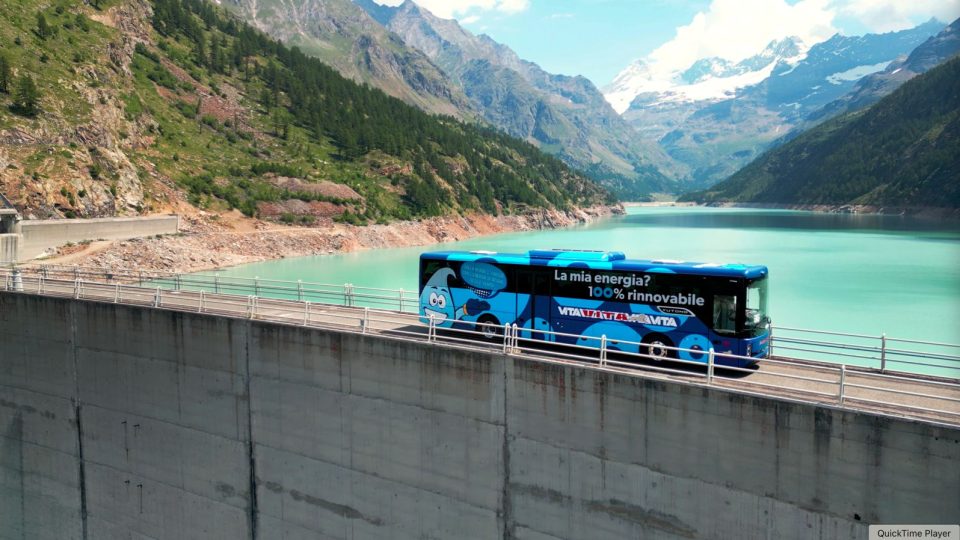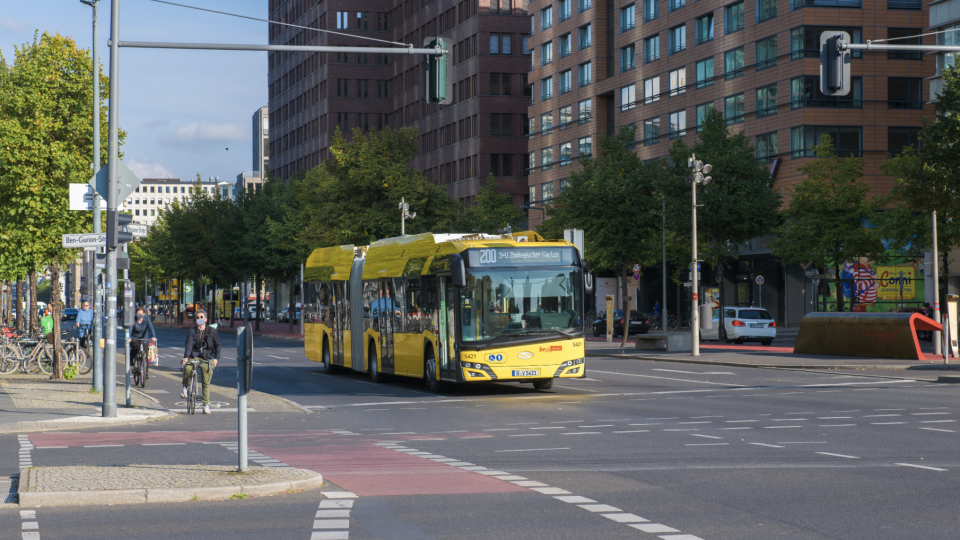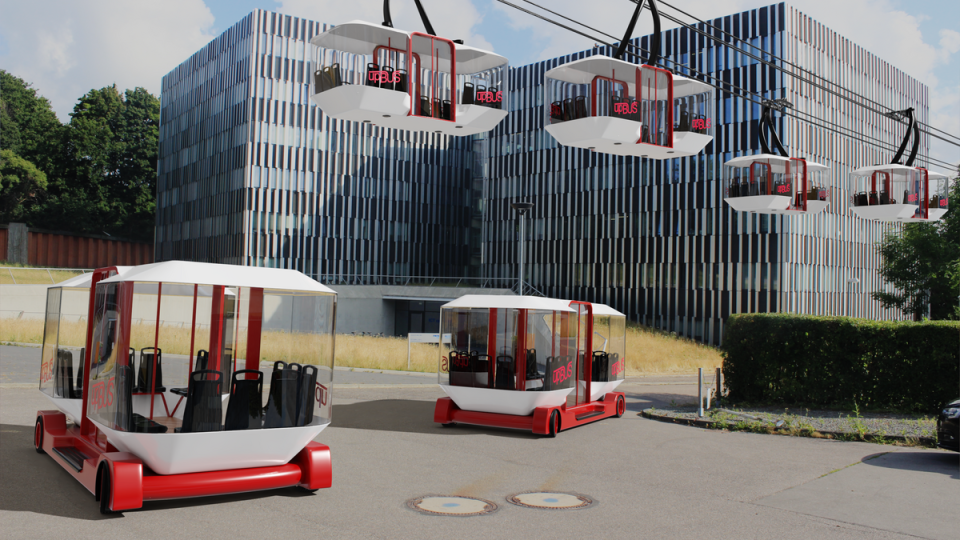Autonomous bus fleet pilot in Scotland from 2020, by Stagecoach and ADL
Work in progress for the first autonomous bus public service with 12 meters vehicles (not shuttle buses, a field where driverless technologies are already being tested some years). The first autonomous bus fleet experiment, funded by UK government with £4.35 million, will be held in Scotland, thanks to a network of partners including the public […]
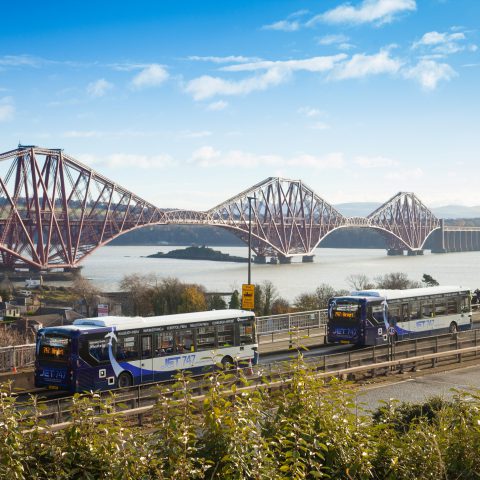
Work in progress for the first autonomous bus public service with 12 meters vehicles (not shuttle buses, a field where driverless technologies are already being tested some years).
The first autonomous bus fleet experiment, funded by UK government with £4.35 million, will be held in Scotland, thanks to a network of partners including the public transport companies Stagecoach and Transport Scotland, the manufacturer Alexander Dennis Limited and the technology company Fusion Processing (which is working with Stagecoach and ADL on another project, aimed at the development of a bus that can move independently in depot).
Five driverless Enviro200 buses will carry people between Fife and Edinburgh through the Forth Road Bridge. The vehicles will be developed during the next year, the services will start from 2020, explain the companies involved.
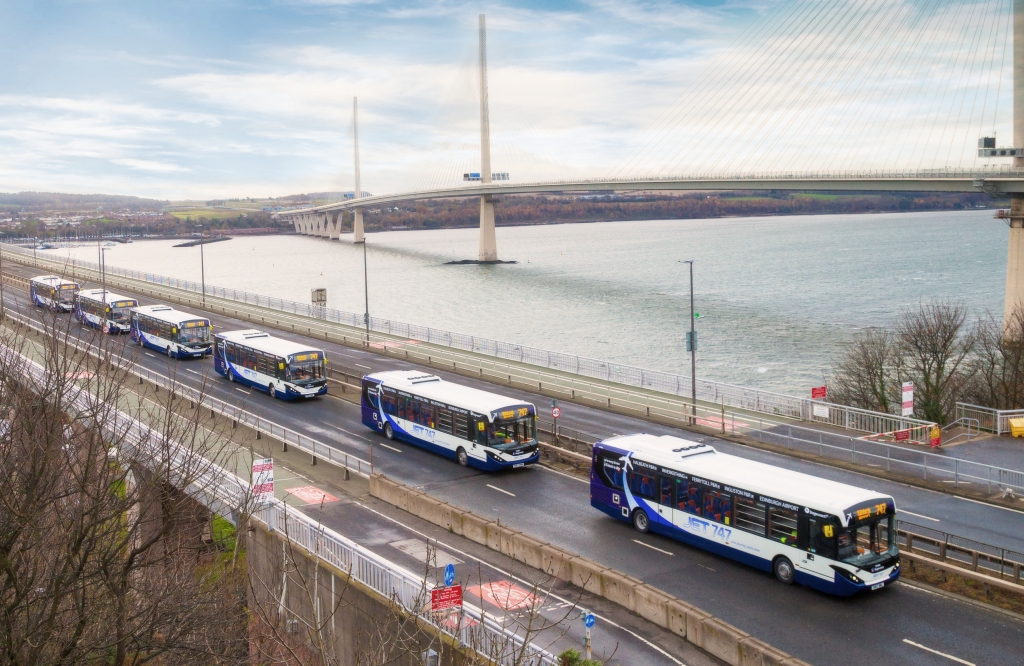
Autonomous bus fleet funded by government
The experimentation is allowed by funding from the government agency Innovative UK, plus additional investments made by partners. The above mentioned quartet of companies is completed by ESP Group (which provides mobility services) and the universities Edinburgh Napier University and University of the West of England. The buses will be modified in order to accomplish level 4 (out of 5) of autonomy.
Anyway, the driver will always be on board ready to take control of the bus, which is clearly essential to comply with UK regulations. The vehicle, on the other hand, can handle acceleration, braking, direction and traffic control independently. The project will be developed from the second quarter of 2019 in the Alexander Dennis depot in Guildford. The first vehicles will be on the road from 2020.
The 12-metre Enviro200 can carry up to 42 passengers. They will run every 20 minutes, for a total of 10,000 weekly journeys along the 22-kilometre route.
Stagecoach, ADL and Fusion Processing already working together
The project announced yesterday is not the first act of the collaboration between Stagecoach, ADL and Fusion Processing. The three have already announced, a few months ago, the beginning of a collaboration that aims to produce a single decker autonomous bus, based on the Enviro200 by ADL, capable of driverless journeys in depot.
The bus is expected to be ready for use by the beginning of 2019. The Enviro200 used for this project is fitted with the CAVstar system provided by Fusion Processing: it uses multiple sensor types, including radar, laser, camera and ultrasound, along with satellite navigation to detect and avoid objects, in all weathers, day and night, and plan an optimum path for the vehicle.
In the short term, the bus will be used in autonomous mode only within the depot environment, to carry out movements such as parking and moving into the fuelling station and bus wash. Using self-driving vehicles within depots more widely could help improve safety, efficiency and space utilisation within the depot.
CLICK HERE TO READ ABOUT
“STAGECOACH TO PERFORM A TRIAL IN SMART DEPOT WITH AUTONOMOUS BUS”
Stagecoach has made a significant investment in new technologies to improve transport for customers and make its services more efficient. It includes the UK’s biggest roll-out of contactless payment technology on buses, automated vehicle location systems to provide live bus information, and telematics technology to deliver smoother and more fuel efficient journeys.
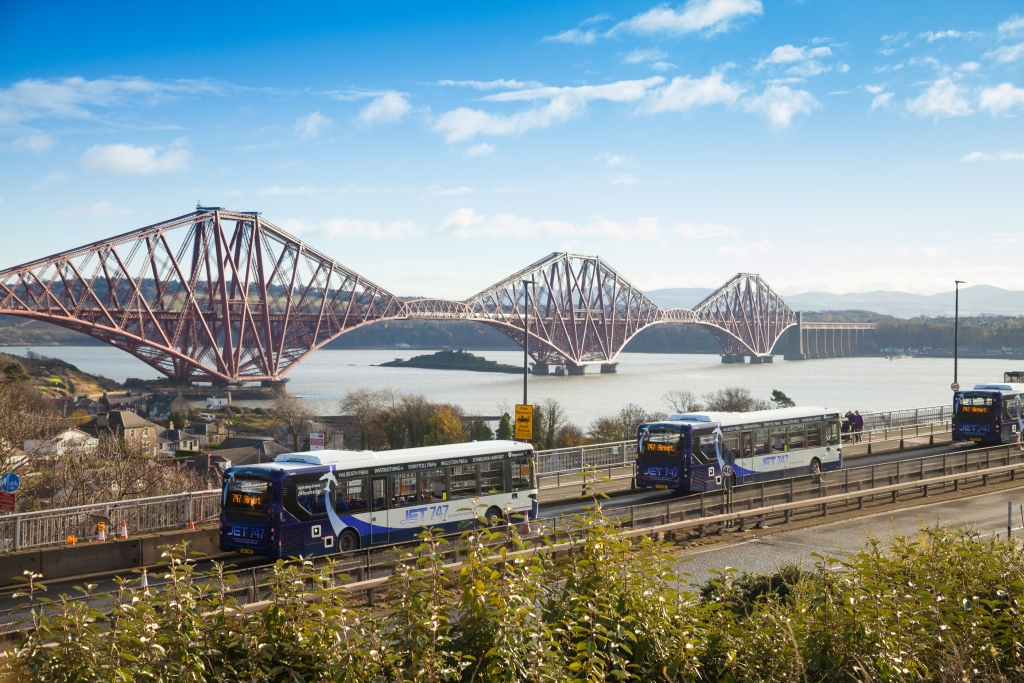
Also Volvo developing autonomous bus. Electric
Another player working hard in the field of autonomous bus development is Volvo, that in Singapore has started a project with Nanyang Technological University. Two Volvo 7900 Electric will be modified in order to be able to move in driverless mode. The first 7900 Electric with driverless technology realized by Volvo was shown at this year’s Volvo Ocean Race. It is programmed to accelerate and brake gently and smoothly when starting off and stopping. At bus stops, the bus always halts in exactly the same position, with the same gap between the bus and the platform for convenient entry and exit.
CLICK HERE TO READ ABOUT
“VOLVO SHOWS ITS FIRST AUTONOMOUS BUS CONCEPT. READY FOR SMART DEPOT
The autonomous bus by Volvo is equipped with sensors that maintain a constant watch around the vehicle. Information from the sensors is used to navigate the vehicle, and also in the future to prevent incidents and accidents by identifying objects approaching the bus, adjusting its speed accordingly or stopping the bus.
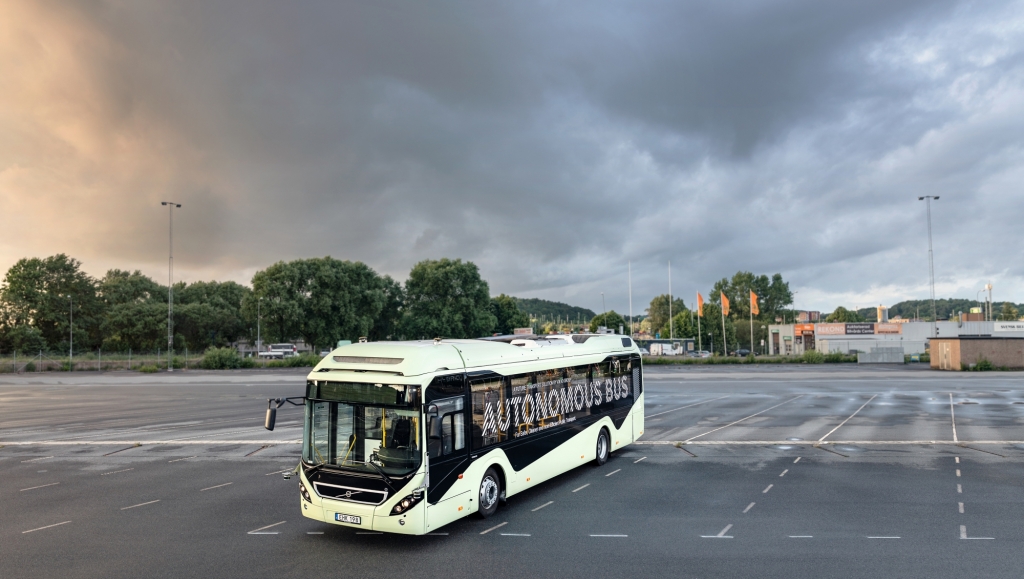
Autonomous bus fleets and revolution in public transport
Coming back to Scottish project held by Stagecoach, ADL, Fusion Processing and others, the partners said: “We’re delighted to have been awarded this funding and we are excited to further test the potential for autonomous technology in the future within public transport using full size single deck buses, which so far has not been achieved anywhere else in the world. Drivers will still be required on all vehicles at all time while in service for passenger safety and to comply with UK legislation”.
The Scottish Cabinet Secretary for Transport, Infrastructure and Connectivity Michael Matheson said: “This is a very exciting development and underlines the potential Scotland has when it comes to connected and autonomous vehicles. The Forth has been at the centre of engineering innovation over three centuries and it is fitting that it will be central to this next innovation in transport and our Programme for Government commitments to intelligent mobility. The deployment of these vehicles in Scotland will bring transformative change to the way we travel and work, as well as having a positive impact on the economy, the environment and safety. This collaborative trial, using one of the country’s most iconic transport corridors, shows Scotland is very much open for business in this innovative sector. I very much welcome the strong Scottish contingent in the bid team and I look forward to following this project with great interest.”
Announcing the funding, UK Government Business Secretary Greg Clark said: “Autonomous vehicles and their technology will not only revolutionise how we travel, it will open up and improve transport services for those who struggle to access both private and public transport. The UK is building on its automotive heritage and strengths to develop the new vehicles and technologies and from 2021 the public will get to experience the future for themselves.”




